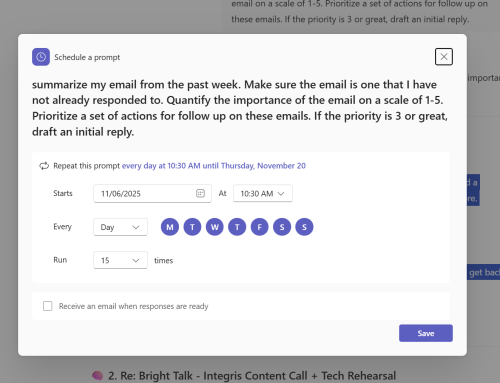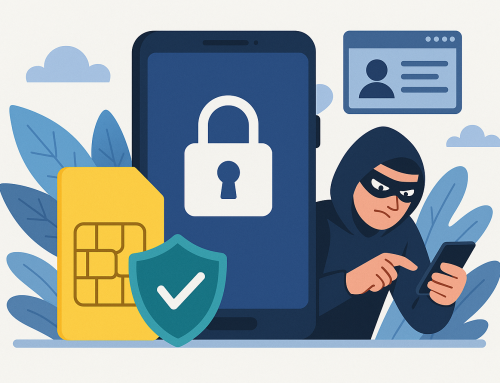Bitcoin has been in the news recently for a number of reasons – the first security based on Bitcoin started trading in Stockholm on the 19th May 2015 and just over a year ago one of the largest Bitcoin exchanges went spectacularly bankrupt after the online theft of 850,000 bitcoins worth (at the time) around £300 million. So what are Bitcoins, how can you get them, how safe are they and what can you do with them?
Bitcoin is a digital currency created by Satoshi Nakamoto in Japan in 2009 and is held electronically. No one controls it so it is known as a decentralised digital currency. Bitcoins aren’t printed like pounds or dollars – they’re produced by people, and increasingly businesses, running computers all around the world, using software that solves mathematical problems. The mathematical problems that are being solved are linked to the verification and recording of transactions made using Bitcoins into the public ledger, which is known as the blockchain.
All transactions must be recorded in the blockchain, and successful verification of a transaction is rewarded with a payment in Bitcoin. This process is known as “Bitcoin mining”, and it is how Bitcoins are “earned”. There is a limit of 21million Bitcoins that can ever be mined, and the difficulty of mining them increases over time. Additionally the reward for successfully verifying a transaction halves every four years. It is estimated that the last Bitcoin will be mined in 2140.
Bitcoins are stored in electronic wallets held on a computer, and if the software that created the wallets has flaws then there is the possibility that the Bitcoins can be stolen. While this sounds a little scary it’s no different from keeping your wallet in your house – you need to make sure that all the doors and windows are secure or someone may be able to steal your money. There are services available that let you store Bitcoins in a wallet on their computers which they then switch off to ensure that no-one can access them.
To spend bitcoins, the transaction must be digitally signed using your private key. If you lose your private key, the bitcoins become worthless. In 2013 one user estimated he lost 7,500 Bitcoins worth £5 million when he accidentally discarded a hard drive containing his private key. Bitcoin transactions are effectively anonymous and have therefore become attractive to criminal elements. While not common place, many legitimate companies will accept payment in Bitcoin including Dell, Microsoft and Paypal. The current exchange rate for a Bitcoin is about £150, down from a peak of over £750 in late 2013, and in between those times it has been extremely volatile.







